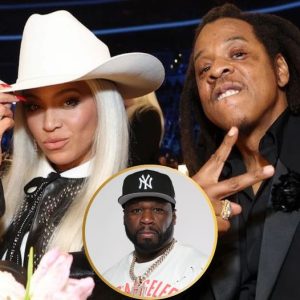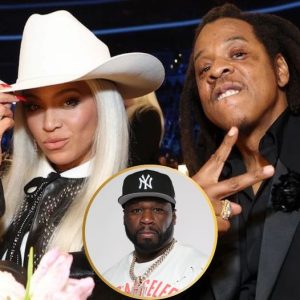In the realm of celebrity intrigue, few events captivate the public’s imagination like the mysterious circumstances surrounding the deaths of iconic figures.
Michael Jackson, the King of Pop, remains a towering figure in the music industry, but his untimely demise in 2009 continues to be shrouded in controversy.
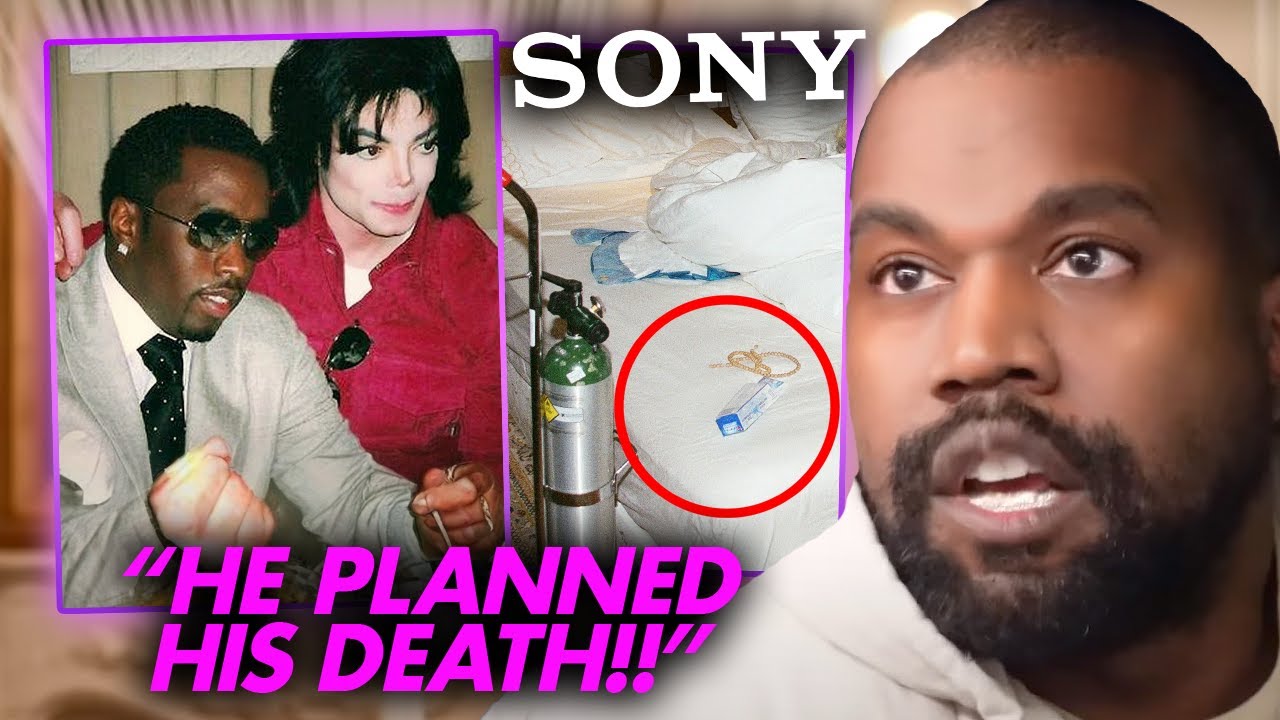
Recent developments linking his death to industry insiders, including music mogul Diddy and rapper Kanye West, have reignited speculation and sparked a flurry of conspiracy theories.
The narrative gains traction with Kanye West’s recent claims and revelations, shedding new light on the events surrounding Michael Jackson’s passing.
Kanye’s assertion that Michael Jackson was “eliminated by industry hups” has brought the issue back into the spotlight, prompting a closer examination of the circumstances surrounding the pop icon’s death.
Central to Kanye’s allegations is a lawsuit filed against Diddy, which has brought Fahim Muhammad, Diddy’s chief of security, into focus.
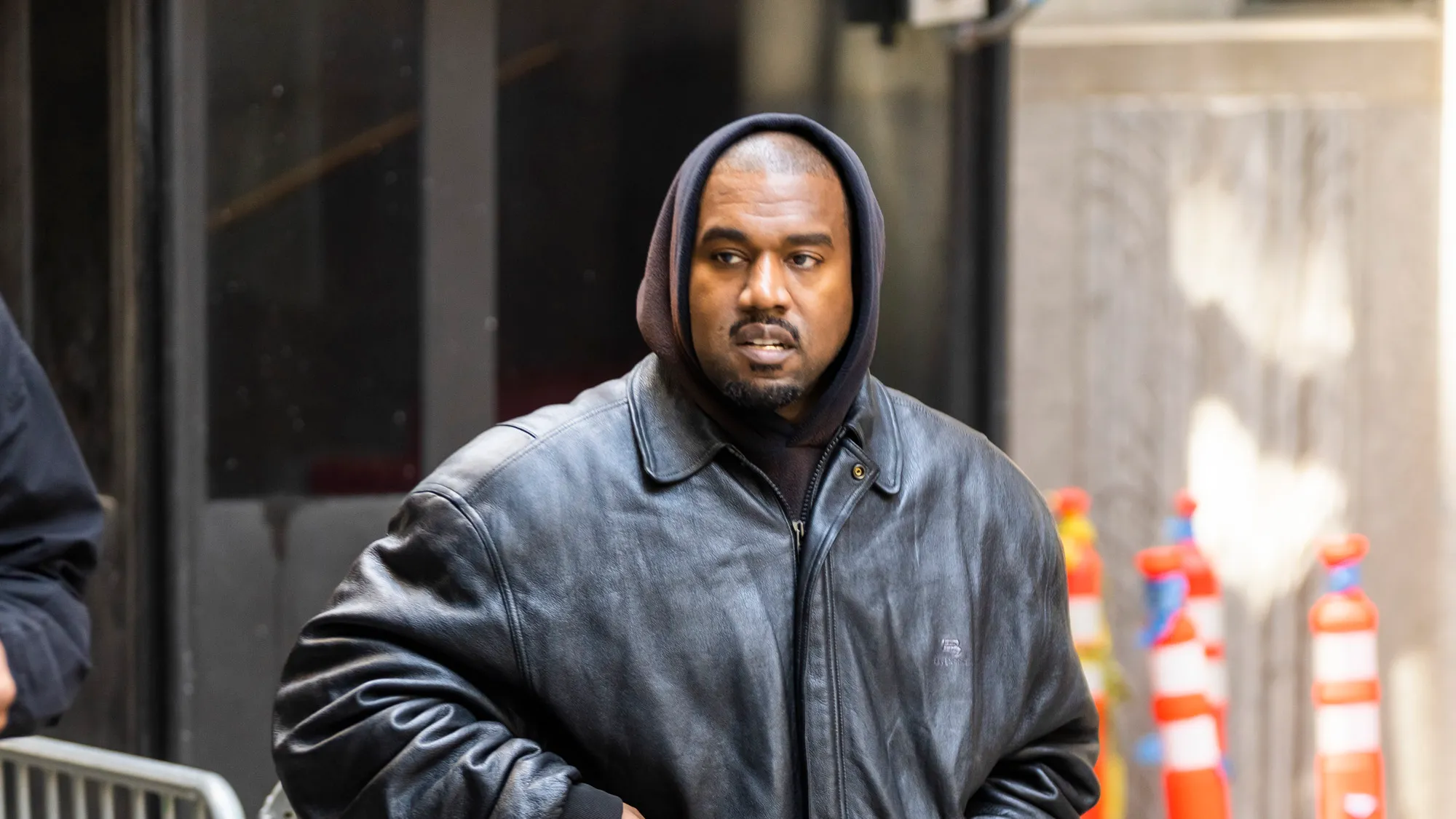
Fahim Muhammad, also known as “Fem,” has been implicated in facilitating Diddy’s alleged criminal activities and maintaining close ties with law enforcement to shield Diddy from legal repercussions.
Of particular interest is Fahim’s proximity to Michael Jackson on the night of his death.
Despite his lack of experience and young age at the time, Fahim was entrusted with the crucial role of overseeing Jackson’s security, raising questions about the circumstances of his hiring and his potential involvement in Jackson’s demise.
Conspiracy theorists speculate about Fahim’s ties to intelligence agencies and his role as a possible celebrity handler, especially in light of Kanye West’s own experiences and suspicions of being targeted by industry insiders.
Diddy’s involvement in the narrative adds another layer of intrigue, with alleged links to Sony Music, the label Jackson famously clashed with during his career.
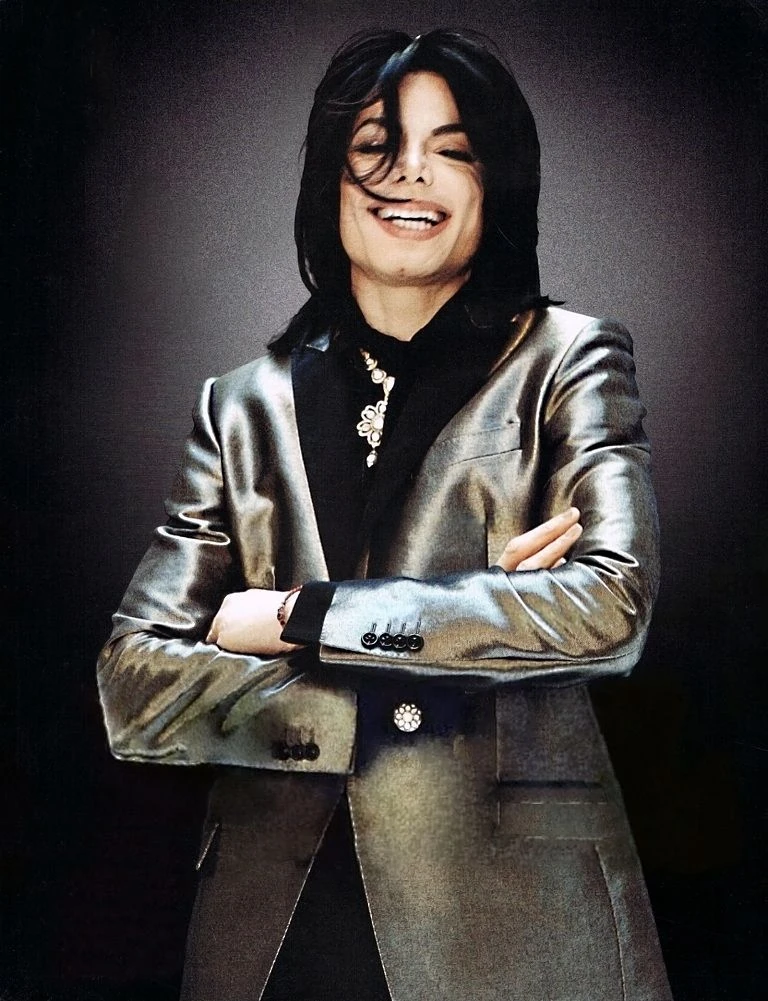
Jackson’s vocal opposition to Sony and his efforts to reclaim ownership of his music catalog cast a shadow of suspicion over the circumstances leading to his death.
Parallels between Michael Jackson’s ordeal and Kanye West’s recent struggles with mental health and industry pressures become impossible to ignore.
Kanye’s claims of being targeted for speaking out against powerful entities echo Jackson’s own suspicions of being threatened and undermined by industry forces.
As the public delves deeper into these interconnected narratives, fueled by social media investigations and celebrity testimonies, the lines between conspiracy and reality blur.
What emerges is a complex web of intrigue, where the fates of musical icons intersect with the machinations of industry power players.
Ultimately, the truth behind Michael Jackson’s death remains elusive, obscured by layers of speculation and conjecture.
Yet, as new evidence comes to light and old suspicions are reignited, one thing is clear: the allure of celebrity conspiracy theories shows no signs of fading, keeping the public captivated and the mystery alive.


